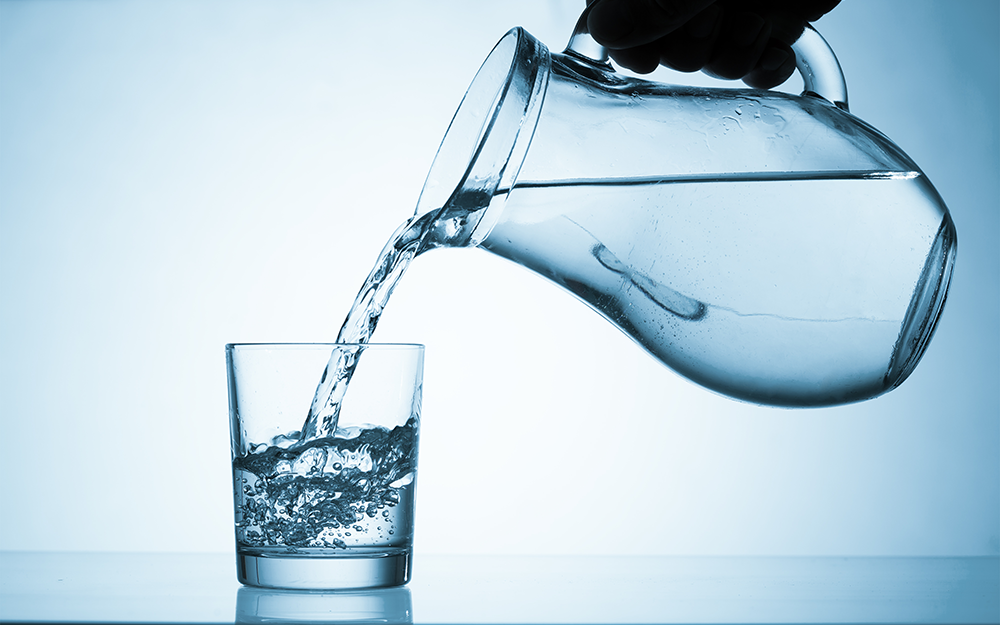Dehydration is a Serious Medical Condition Especially in Senior Citizens
Dehydration is the excessive loss of body water. There are a number of reasons that dehydration can occur, including heat exposure, prolonged vigorous exercise, kidney disease, and medications that cause voiding (diuretics).The causes of dehydration in seniors can vary depending on each person’s physical or mental condition. Since older adults have a lower volume of water in their bodies to begin with, they are at a higher risk of dehydration. Some illnesses, like bladder infections or diarrhea, can also trigger dehydration in seniors. As well seniors with declining cognitive abilities, may not remember to drink often or they may refuse to drink simply because they don’t always feel as thirsty as younger adults do. Active seniors or those that are on medications will need to keep replenishing their fluids even more.
Symptoms of Dehydration in Seniors:
Home health aides, certified nursing assistants and family caregivers need to know the common symptoms and warning signs of dehydration in seniors to prevent serious medical conditions like heat stroke, kidney problems, urinary tract infections, seizures and low blood volume. Many of the symptoms can mimic other health issues, so elderly people need to be observed very closely to ensure that the effects are not devastating or deadly.
Common dehydration symptoms include:
- Thirst
- Dry skin
- Less urination output
- Dry or sticky mouth
- Lack of sweating and tears
- Sunken and dry eyes
- Low blood pressure
- Irritability and confusion
- Fast breathing
- Confusion and dizziness
- Unconsciousness
How to Prevent Dehydration in Seniors
Aging adults should be encouraged to drink at every meal. Either water or a high-quality sports drink without too much sugar is best. Tea and coffee are also good ways to keep their bodies hydrated, but keep in mind that caffeine can have a diuretic effect, so opt for decaffeinated. Caregivers need to make sure the elderly person has a full water bottle within reach throughout the day. Encourage them to take sips a few times an hour to stay hydrated.
Fruits and vegetables are high in water content and can add a great source of water to their daily diet. Vegetables that have 92 percent water content include cauliflower, eggplant, red cabbage,peppers and spinach. Fruits that have a high water content include watermelon, strawberries, grapefruit, cantaloupe, peaches and pineapple. Adding a few of these fruits and vegetables will certainly help to prevent dehydration.
What can care givers do?
When you are taking care of a senior during the hot weather, the most important thing you can do is to keep your eyes open for any signs of dehydration so you can take action immediately. If you do notice any of the symptoms and signs listed above, the first thing you need to do is get them inside and keep them cool as you begin to administer fluids. Problems can arise if you cannot get them to drink. A visit to the doctor or emergency room might become necessary, especially if your loved one is confused.
In conclusion, do your best to make sure your aging senior has fresh water (or anything they prefer to drink) readily available and encourage them to drink it all day long. Remember it is extremely important to make sure senior citizens follow these simple tips to stay hydrated, healthy & happy all year long!


